Indigenous Governance Database
Indian land holdings
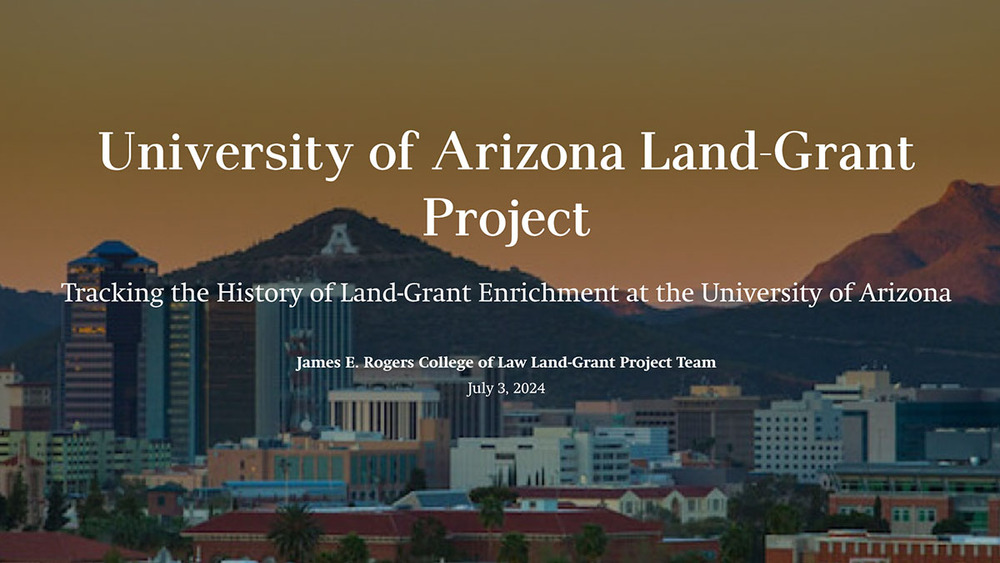
University of Arizona Land Grant Project
Tracking the History of Land-Grant Enrichment at the University of ArizonaAn interactive story map built by the James E. Rogers College of Law Land-Grant Project Team, the goal of the University of Arizona Land-Grant Project is two-fold:(1) to research, share, and begin to understand how the…
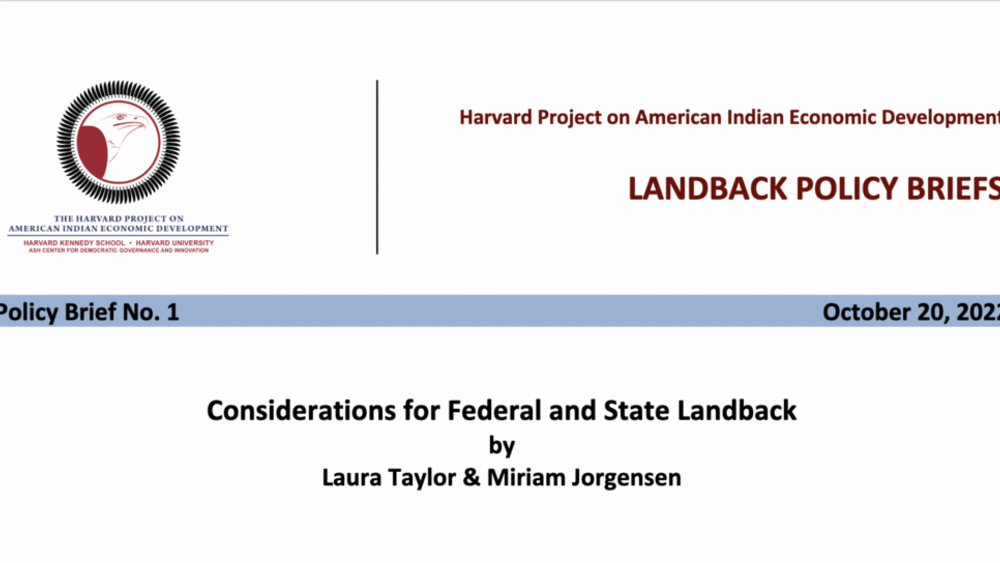
Considerations for Federal and State Landback
This policy brief showcases how geographic information system (GIS) techniques can be used to identify public and/or protected land in relation to current and historic reservation boundaries, and presents maps showcasing the scope of landback opportunities. These lands include federal- or state-…
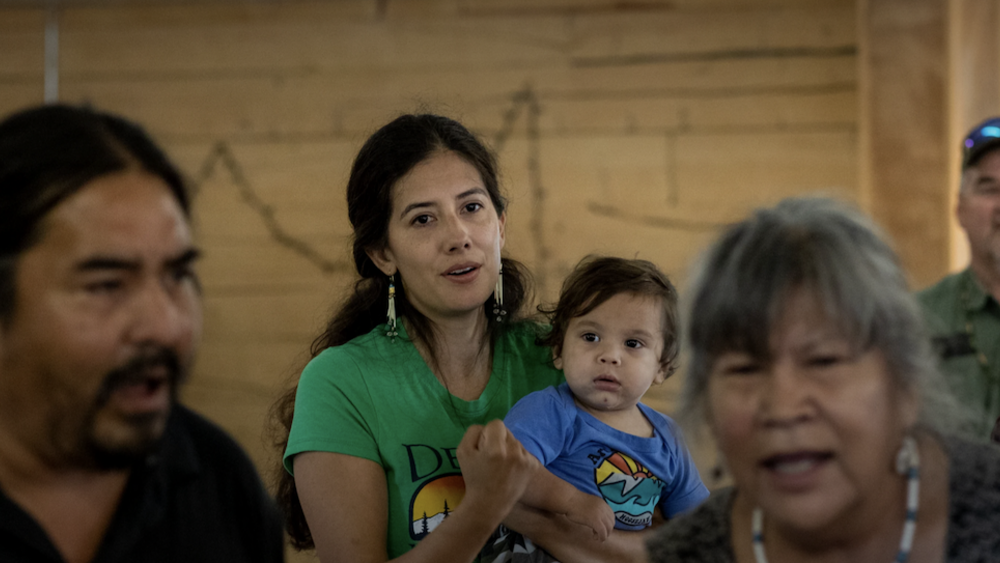
ANCSA: A complete or incomplete story of sovereignty
Shortly after the Alaska Native Claims Settlement Act passed into law in 1971, headlines started appearing in local newspapers that hinted at a growing confusion among Alaska Native communities: “Indian Country hard to define,” stated one Tundra Times edition. “ANCSA and tribalism?” asked another…
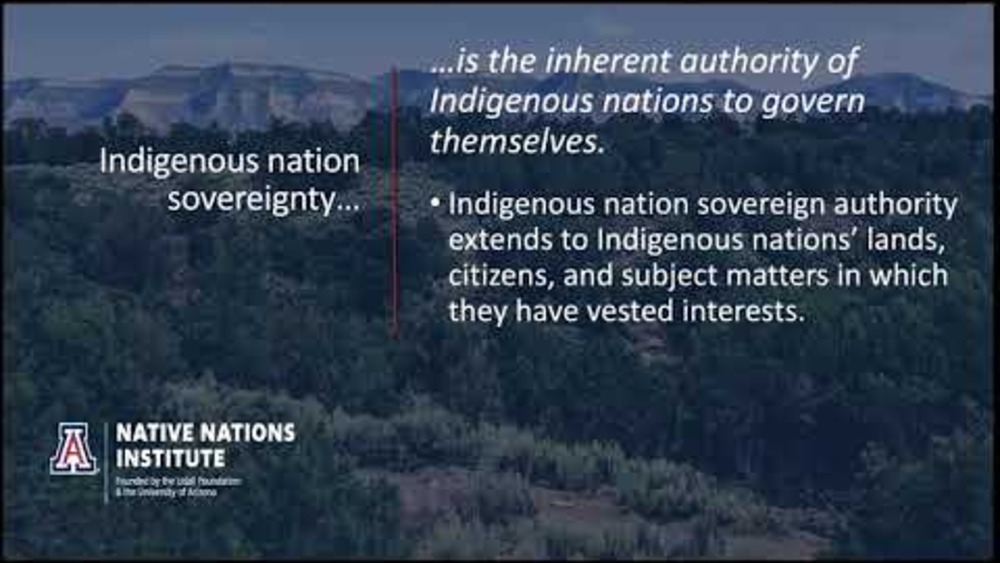
Invisible Borders of Reservations, Tribal Treaties, and Tribal Sovereignty
This 3-part discussion about the invisible borders of reservations, tribal treaties, and tribal sovereignty is led by Dr. Miriam Jorgensen, Research Director of both the University of Arizona Native Nations Institute and its sister organization, the Harvard Project on American Indian Economic…
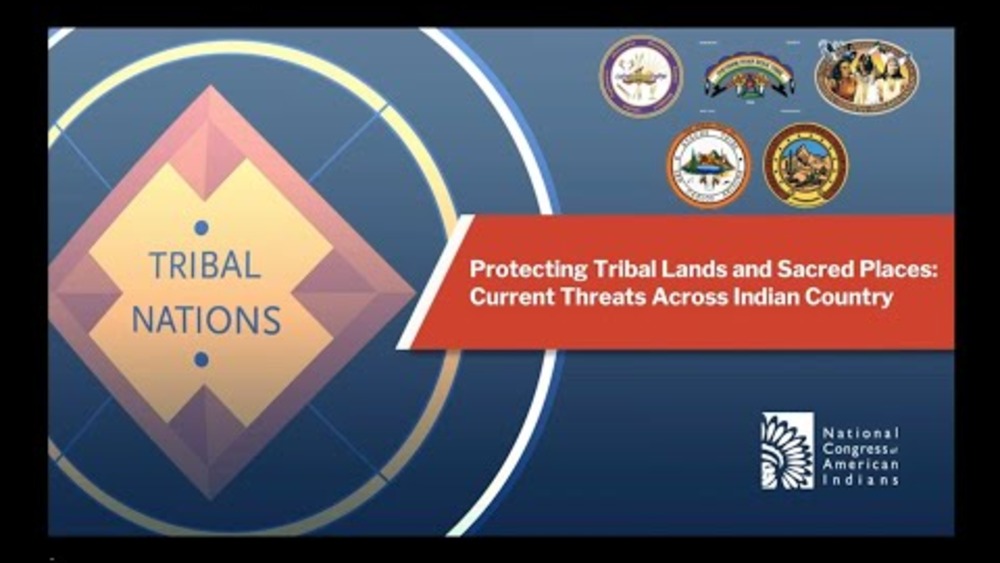
NCAI Forum: Protecting Tribal Lands and Sacred Places: Current Threats Across Indian Country
The latest in NCAI’s ongoing series of virtual events featuring tribal leaders, this forum shares the stories of five tribal nations working to protect their tribal homelands in the face of baseless attacks by the federal government, and discussed how the federal government must recommit to its…
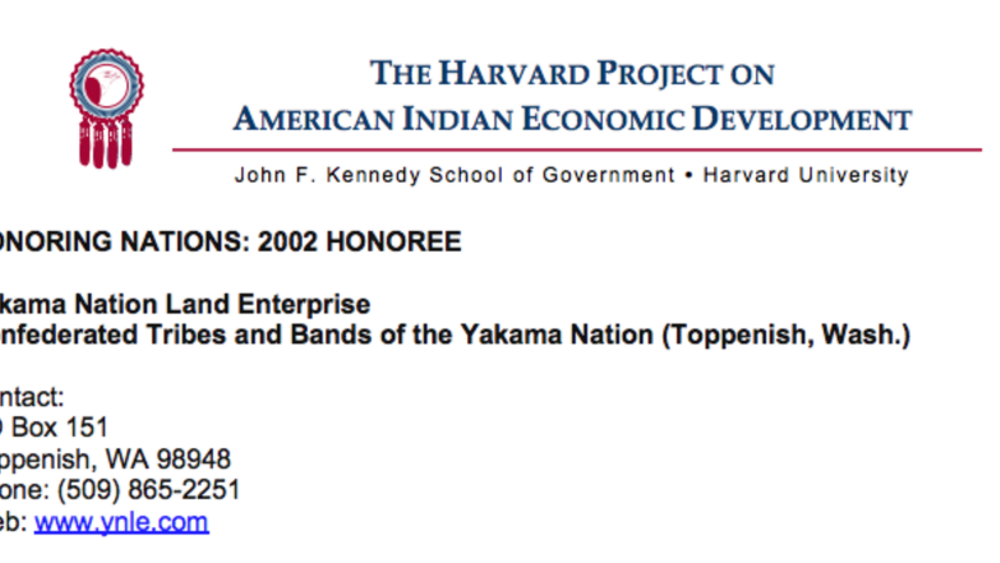
Yakama Nation Land Enterprise
In an effort to consolidate, regulate, and control Indian land holdings, the financially self-sustaining Yakama Nation Land Enterprise has successfully acquired more than 90% of all the fee lands within the Nation’s closed area — lands which were previously highly "checker-boarded." The Enterprise’…

Collectively Managing Allotment Lands Is Better
Indian allotment holders are not making enough money from their allotments. One way for tribal allotment holders to gain more economic income from their allotments is to organize a corporation under tribal law and collectively manage allotted lands in order to gain more income for allotment holders…
